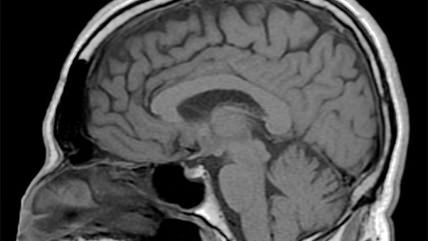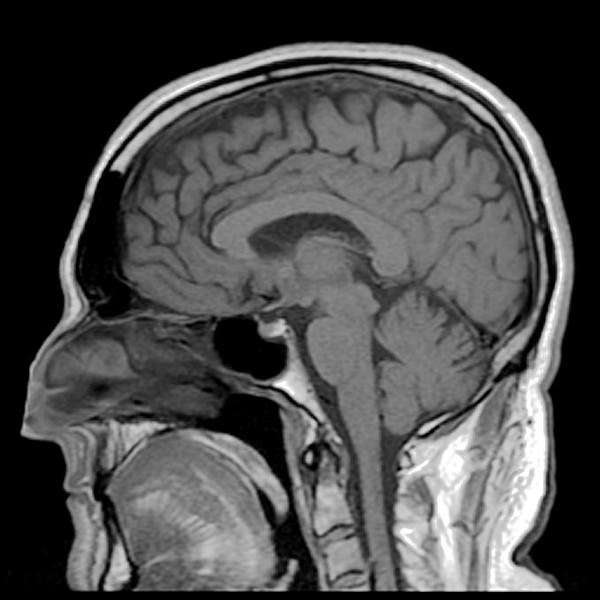Stanton Peele on Brain Scans and Sex Addiction


Last July, researchers at UCLA reported that the brains of people diagnosed as "hypersexual" do not display distinctive responses to sexual images. The study's authors interpreted their findings as evidence that hypersexuality, defined as a harmful and distressing preoccupation with sex, is not a true addiction or mental disorder. Stanton Peele says the debate about the nature of hypersexuality exemplifies a broader cultural confusion about addiction, a concept that has been medicalized to the point that people think it means both less and more than it really does.


Hide Comments (0)
Editor's Note: As of February 29, 2024, commenting privileges on reason.com posts are limited to Reason Plus subscribers. Past commenters are grandfathered in for a temporary period. Subscribe here to preserve your ability to comment. Your Reason Plus subscription also gives you an ad-free version of reason.com, along with full access to the digital edition and archives of Reason magazine. We request that comments be civil and on-topic. We do not moderate or assume any responsibility for comments, which are owned by the readers who post them. Comments do not represent the views of reason.com or Reason Foundation. We reserve the right to delete any comment and ban commenters for any reason at any time. Comments may only be edited within 5 minutes of posting. Report abuses.
Please to post comments
Mute this user?
Ban this user?
Un-ban this user?
Nuke this user?
Un-nuke this user?
Flag this comment?
Un-flag this comment?